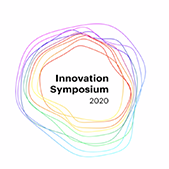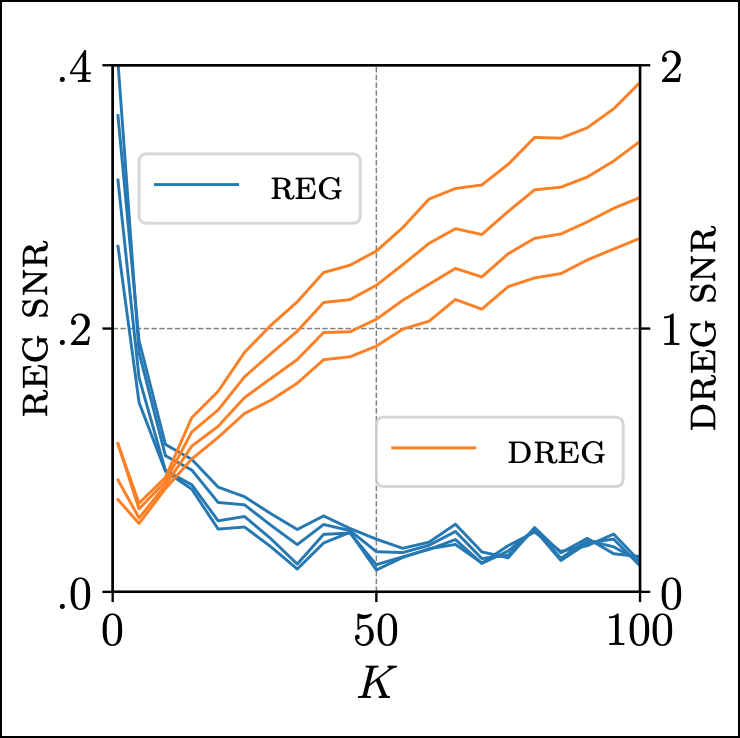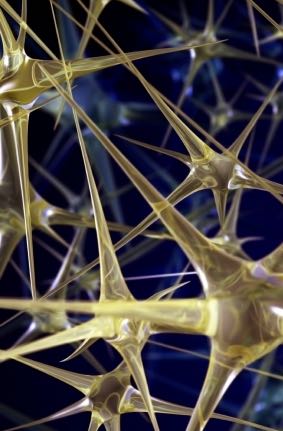Back to all members...
Oscar Key
Research Assistant (2019—2020)

Oscar was a research assistant in the OATML group at the University of Oxford. Previously he completed a master’s degree in computer science at Oxford. During this, he worked in the group on his dissertation, a comparison of uncertainty estimates for safe exploration in machine learning. Before coming to Oxford he spent two years at Google, having received an undergraduate degree in computer science from the University of Cambridge.
Publications while at OATML • News items mentioning Oscar Key • Reproducibility and Code • Blog Posts
Publications while at OATML:
Interlocking Backpropagation; Improving depthwise model-parallelism
The number of parameters in state of the art neural networks has drastically increased in recent years. This surge of interest in large scale neural networks has motivated the development of new distributed training strategies enabling such models. One such strategy is model-parallel distributed training. Unfortunately, model-parallelism can suffer from poor resource utilisation, which leads to wasted resources. In this work, we improve upon recent developments in an idealised model-parallel optimisation setting: local learning. Motivated by poor resource utilisation in the global setting and poor task performance in the local setting, we introduce a class of intermediary strategies between local and global learning referred to as interlocking backpropagation. These strategies preserve many of the computeefficiency advantages of local optimisation, while recovering much of the task performance achieved by global optimisation. We assess our strategies on both image classification R... [full abstract]
Aidan Gomez, Oscar Key, Kuba Perlin, Stephen Gou, Nick Frosst, Jeff Dean, Yarin Gal
Journal of Machine Learning Research
[paper]
On Signal-to-Noise Ratio Issues in Variational Inference for Deep Gaussian Processes
We show that the gradient estimates used in training Deep Gaussian Processes (DGPs) with importance-weighted variational inference are susceptible to signal-to-noise ratio (SNR) issues. Specifically, we show both theoretically and empirically that the SNR of the gradient estimates for the latent variable's variational parameters decreases as the number of importance samples increases. As a result, these gradient estimates degrade to pure noise if the number of importance samples is too large. To address this pathology, we show how doubly-reparameterized gradient estimators, originally proposed for training variational autoencoders, can be adapted to the DGP setting and that the resultant estimators completely remedy the SNR issue, thereby providing more reliable training. Finally, we demonstrate that our fix can lead to improvements in the predictive performance of the model's predictive posterior.
Tim G. J. Rudner, Oscar Key, Yarin Gal, Tom Rainforth
ICML, 2021
[arXiv] [Code] [BibTex]
Generating Interpretable Counterfactual Explanations By Implicit Minimisation of Epistemic and Aleatoric Uncertainties
Counterfactual explanations (CEs) are a practical tool for demonstrating why machine learning classifiers make particular decisions. For CEs to be useful, it is important that they are easy for users to interpret. Existing methods for generating interpretable CEs rely on auxiliary generative models, which may not be suitable for complex datasets, and incur engineering overhead. We introduce a simple and fast method for generating interpretable CEs in a white-box setting without an auxiliary model, by using the predictive uncertainty of the classifier. Our experiments show that our proposed algorithm generates more interpretable CEs, according to IM1 scores, than existing methods. Additionally, our approach allows us to estimate the uncertainty of a CE, which may be important in safety-critical applications, such as those in the medical domain.
Lisa Schut, Oscar Key, Rory McGrath, Luca Costabello, Bogdan Sacaleanu, Medb Corcoran, Yarin Gal
AISTATS, 2021
[Paper] [Code]
Uncertainty-Aware Counterfactual Explanations for Medical Diagnosis
While deep learning algorithms can excel at predicting outcomes, they often act as black-boxes rendering them uninterpretable for healthcare practitioners. Counterfactual explanations (CEs) are a practical tool for demonstrating why machine learning models make particular decisions. We introduce a novel algorithm that leverages uncertainty to generate trustworthy counterfactual explanations for white-box models. Our proposed method can generate more interpretable CEs than the current benchmark (Van Looveren and Klaise, 2019) for breast cancer diagnosis. Further, our approach provides confidence levels for both the diagnosis as well as the explanation.
Lisa Schut, Oscar Key, Rory McGrath, Luca Costabello, Bogdan Sacaleanu, Medb Corcoran, Yarin Gal
ML4H: Machine Learning for Health Workshop NeurIPS, 2020
[Paper] [BibTex]
News items mentioning Oscar Key:

ICML 2021
17 Jul 2021
Seven papers with OATML members accepted to ICML 2021, together with 14 workshop papers. More information in our blog post.

OATML student presents at Accenture Turing Innovation Symposium
02 Oct 2020
OATML graduate student Lisa Schut presented alongside Rory McGrath, from Accenture Labs, on “Counterfactual Explanations: Making AI decision-making more useful and trustworthy.” The research presented was joint work with Oscar Key and Professor Yarin Gal, in collaboration with Accenture Labs.
Blog Posts
21 OATML Conference and Workshop papers at ICML 2021
OATML group members and collaborators are proud to present 21 papers at ICML 2021, including 7 papers at the main conference and 14 papers at various workshops. Group members will also be giving invited talks and participate in panel discussions at the workshops. …
Full post...Angelos Filos, Clare Lyle, Jannik Kossen, Sebastian Farquhar, Tom Rainforth, Andrew Jesson, Sören Mindermann, Tim G. J. Rudner, Oscar Key, Binxin (Robin) Ru, Pascal Notin, Panagiotis Tigas, Andreas Kirsch, Jishnu Mukhoti, Joost van Amersfoort, Lisa Schut, Muhammed Razzak, Aidan Gomez, Jan Brauner, Yarin Gal, 17 Jul 2021
22 OATML Conference and Workshop papers at NeurIPS 2020
OATML group members and collaborators are proud to be presenting 22 papers at NeurIPS 2020. Group members are also co-organising various events around NeurIPS, including workshops, the NeurIPS Meet-Up on Bayesian Deep Learning and socials. …
Full post...Muhammed Razzak, Panagiotis Tigas, Angelos Filos, Atılım Güneş Baydin, Andrew Jesson, Andreas Kirsch, Clare Lyle, Freddie Kalaitzis, Jan Brauner, Jishnu Mukhoti, Lewis Smith, Lisa Schut, Mizu Nishikawa-Toomey, Oscar Key, Binxin (Robin) Ru, Sebastian Farquhar, Sören Mindermann, Tim G. J. Rudner, Yarin Gal, 04 Dec 2020







